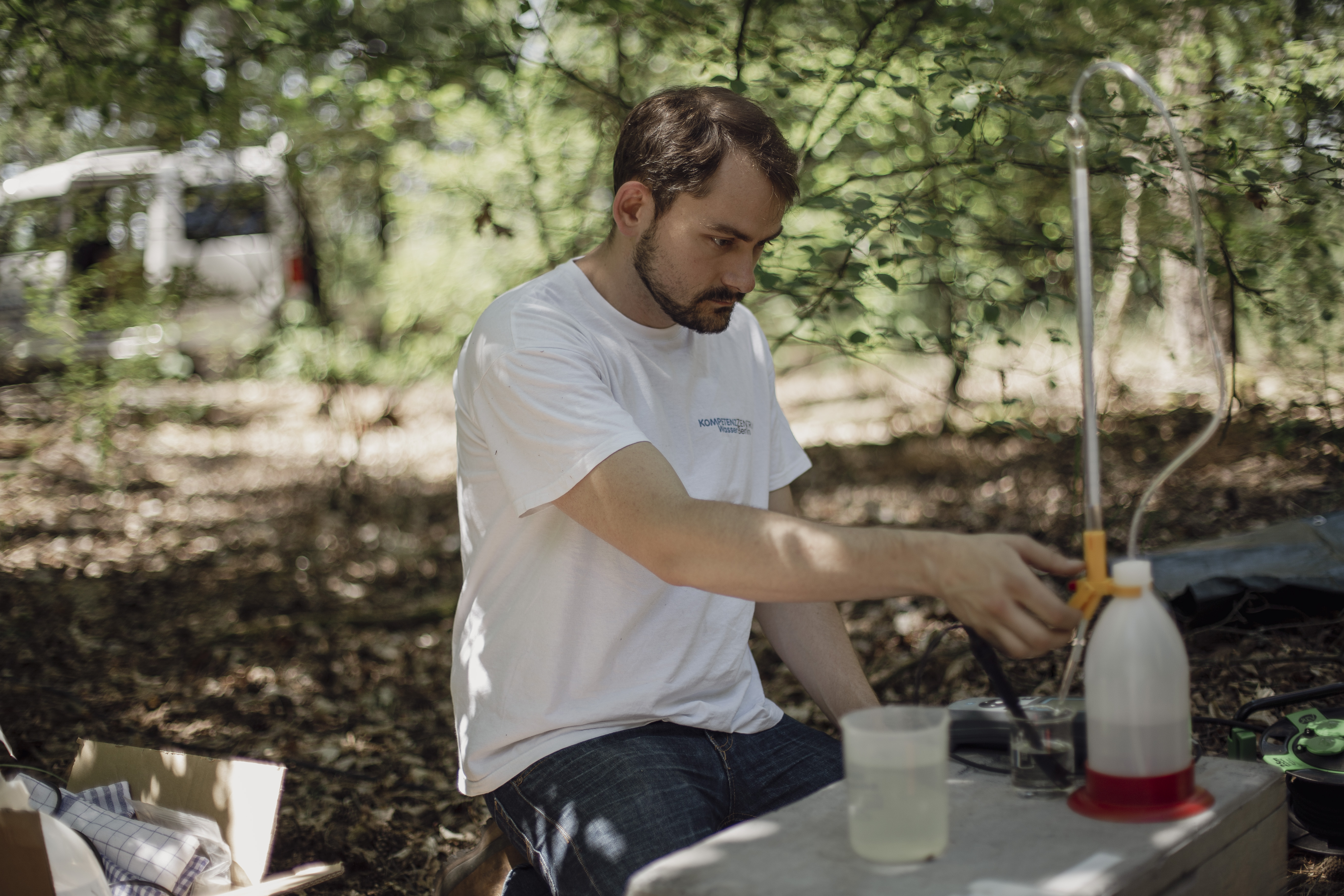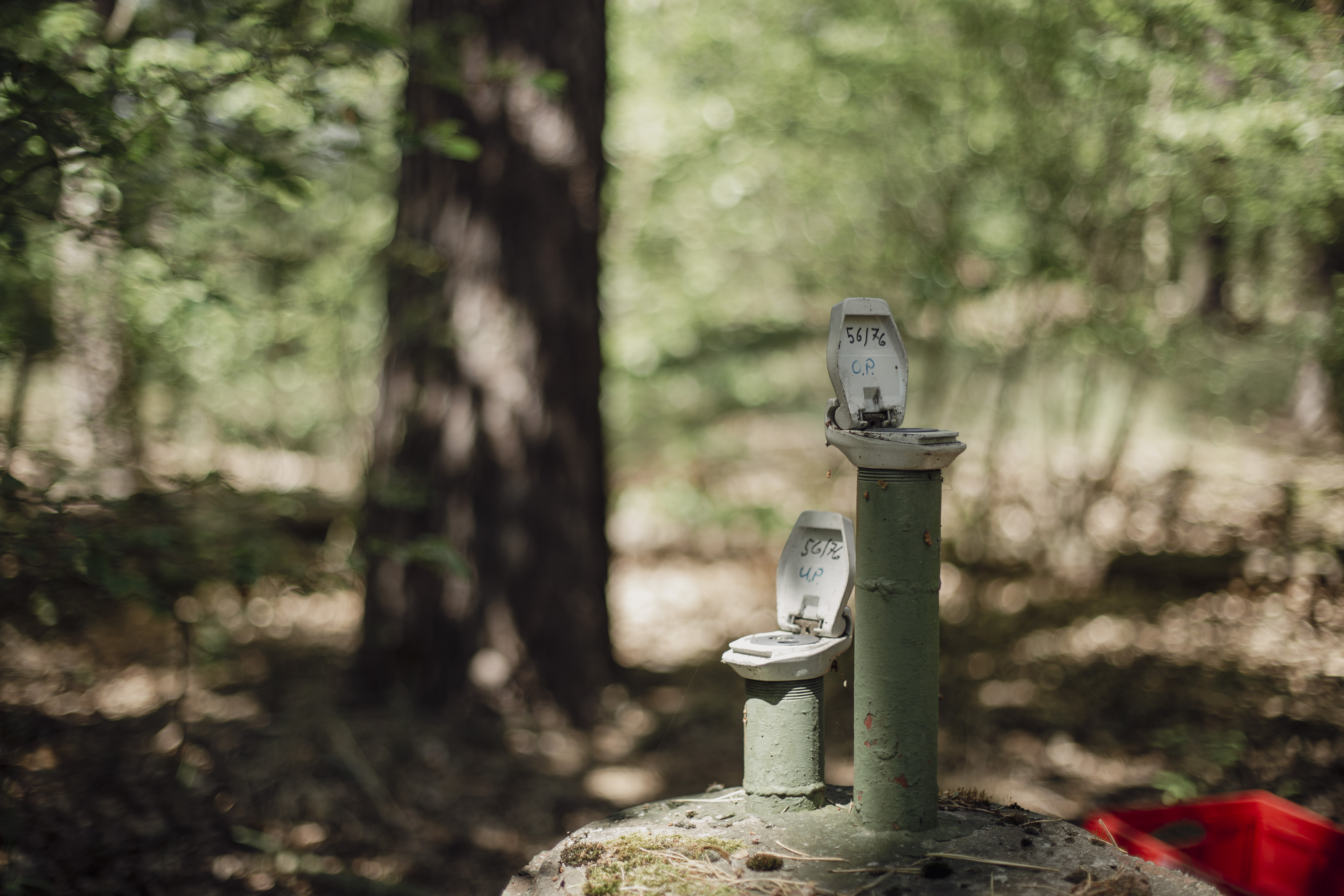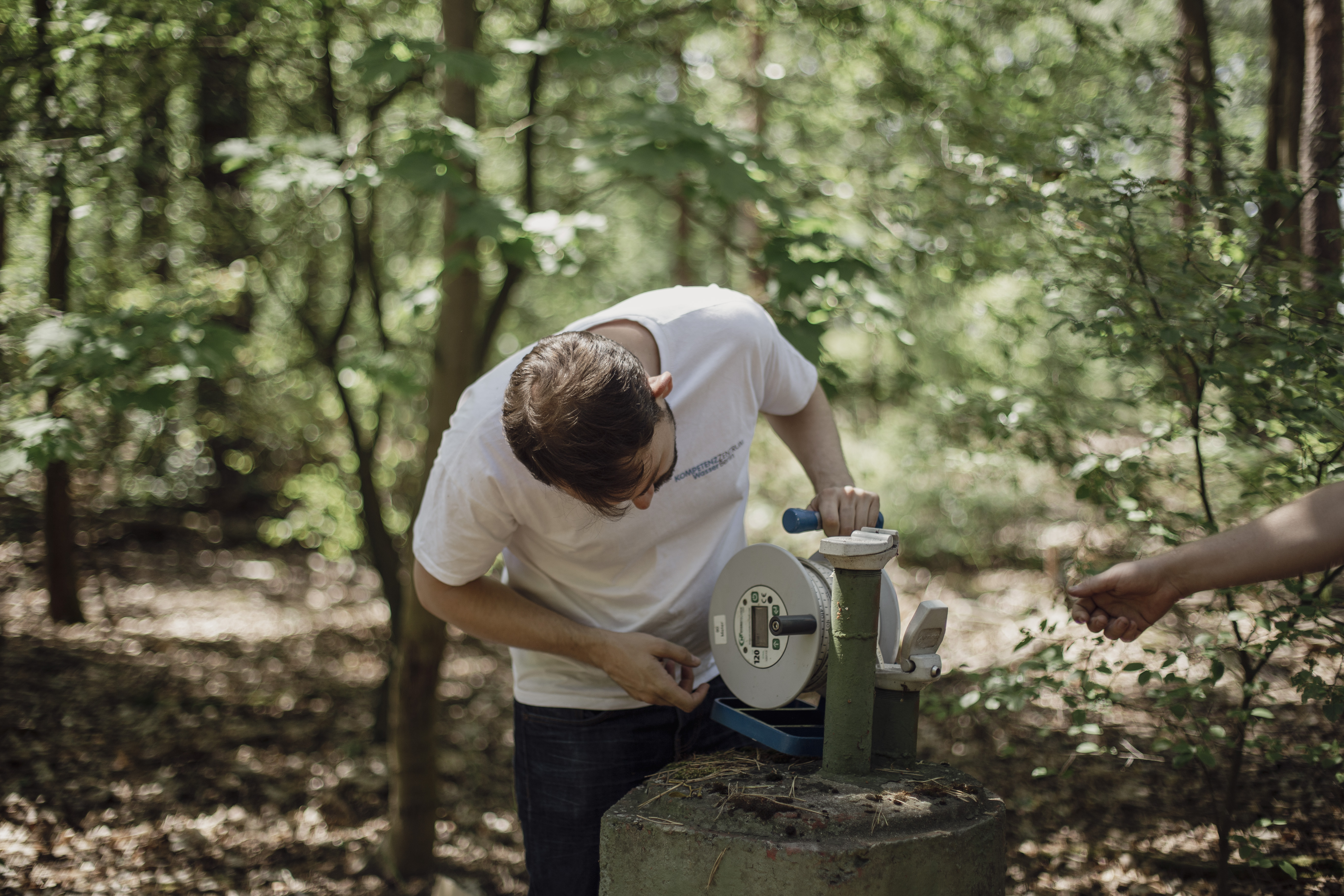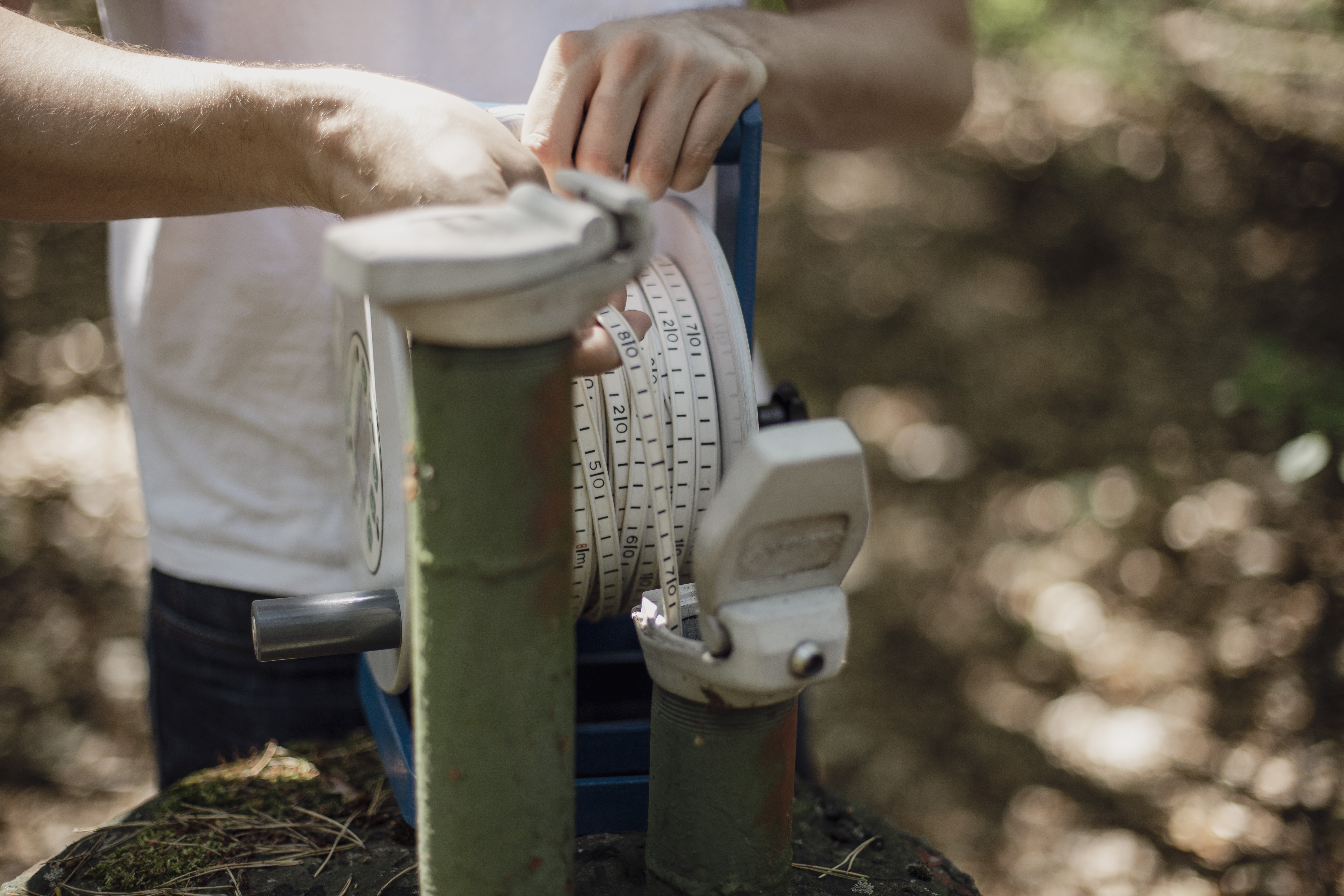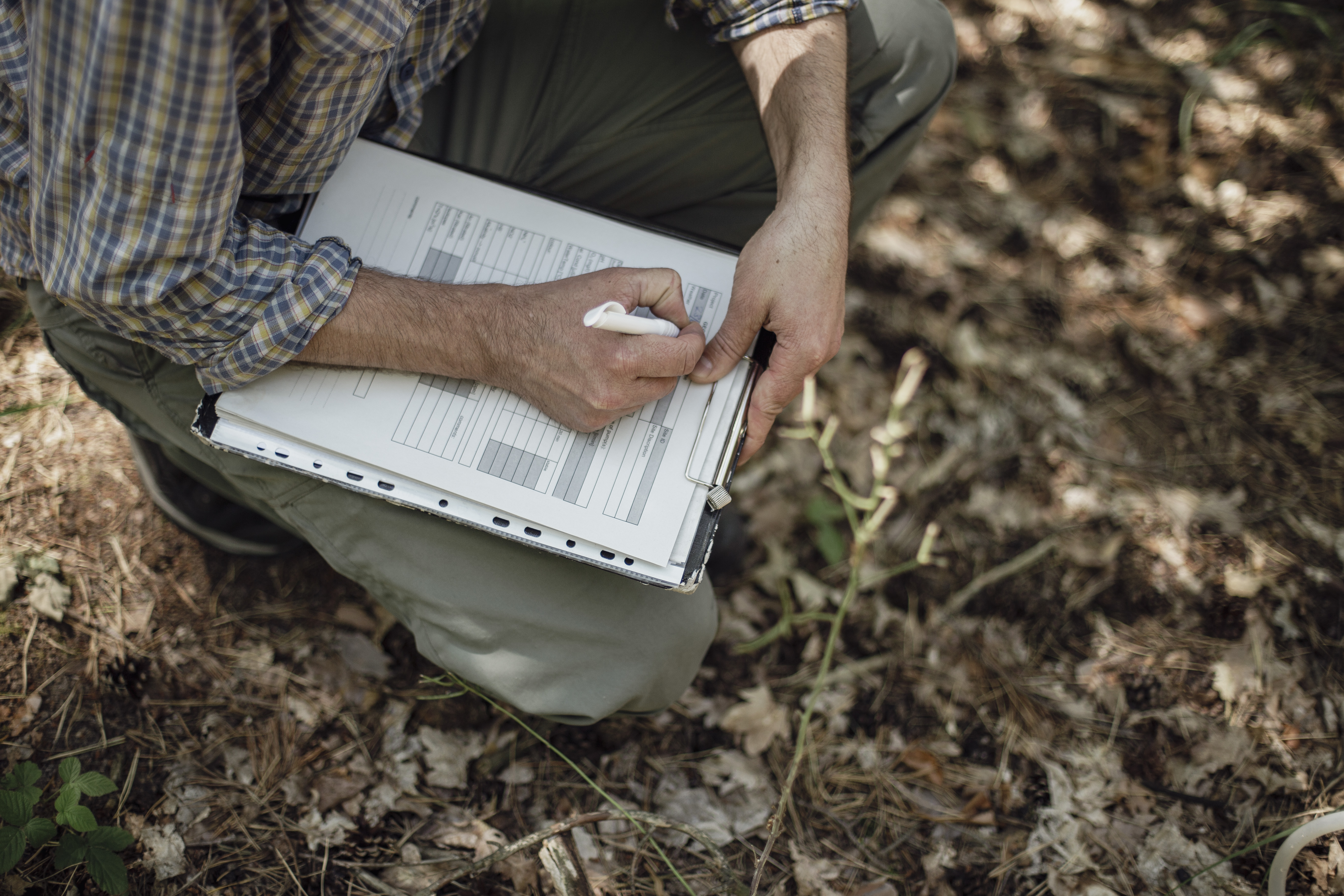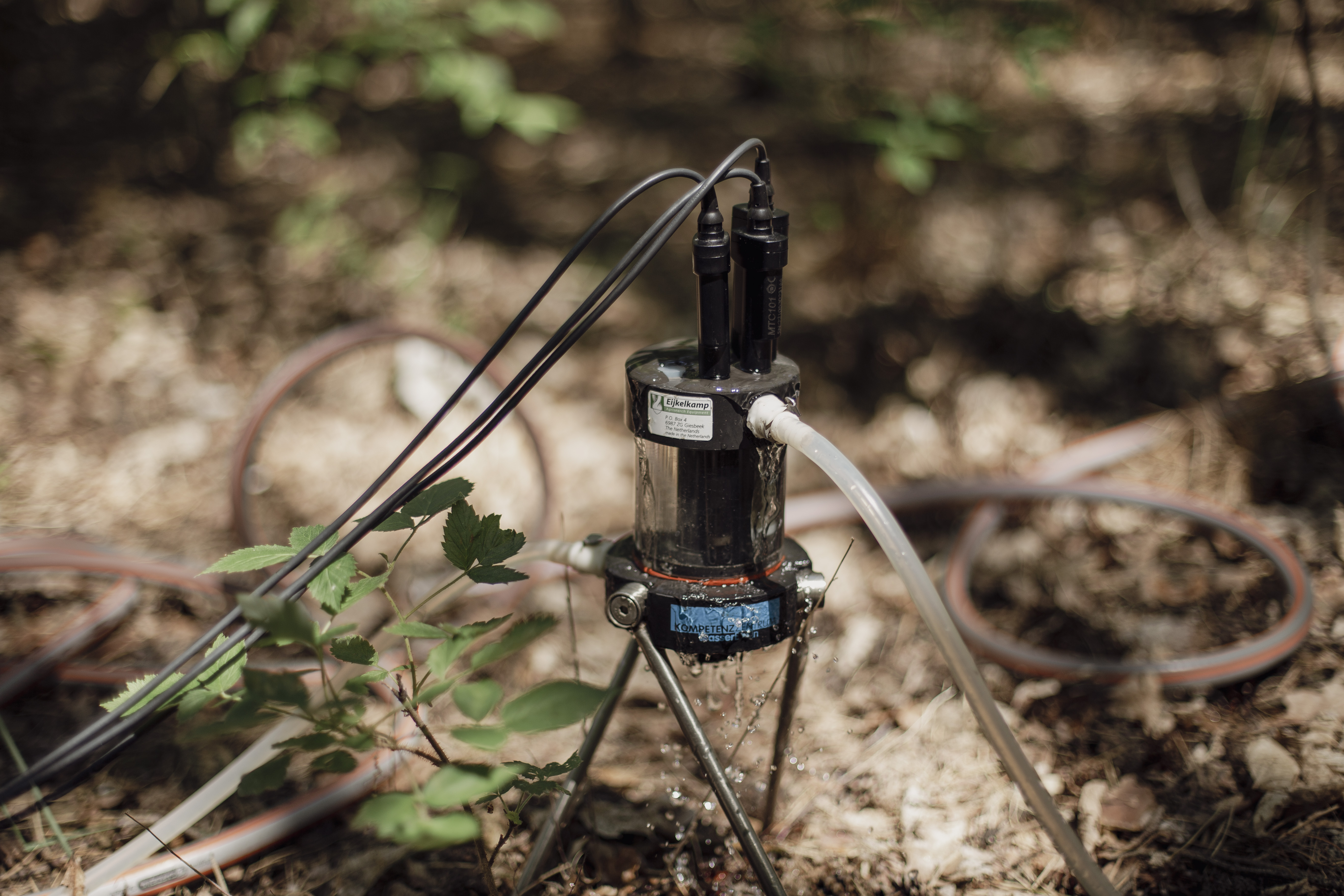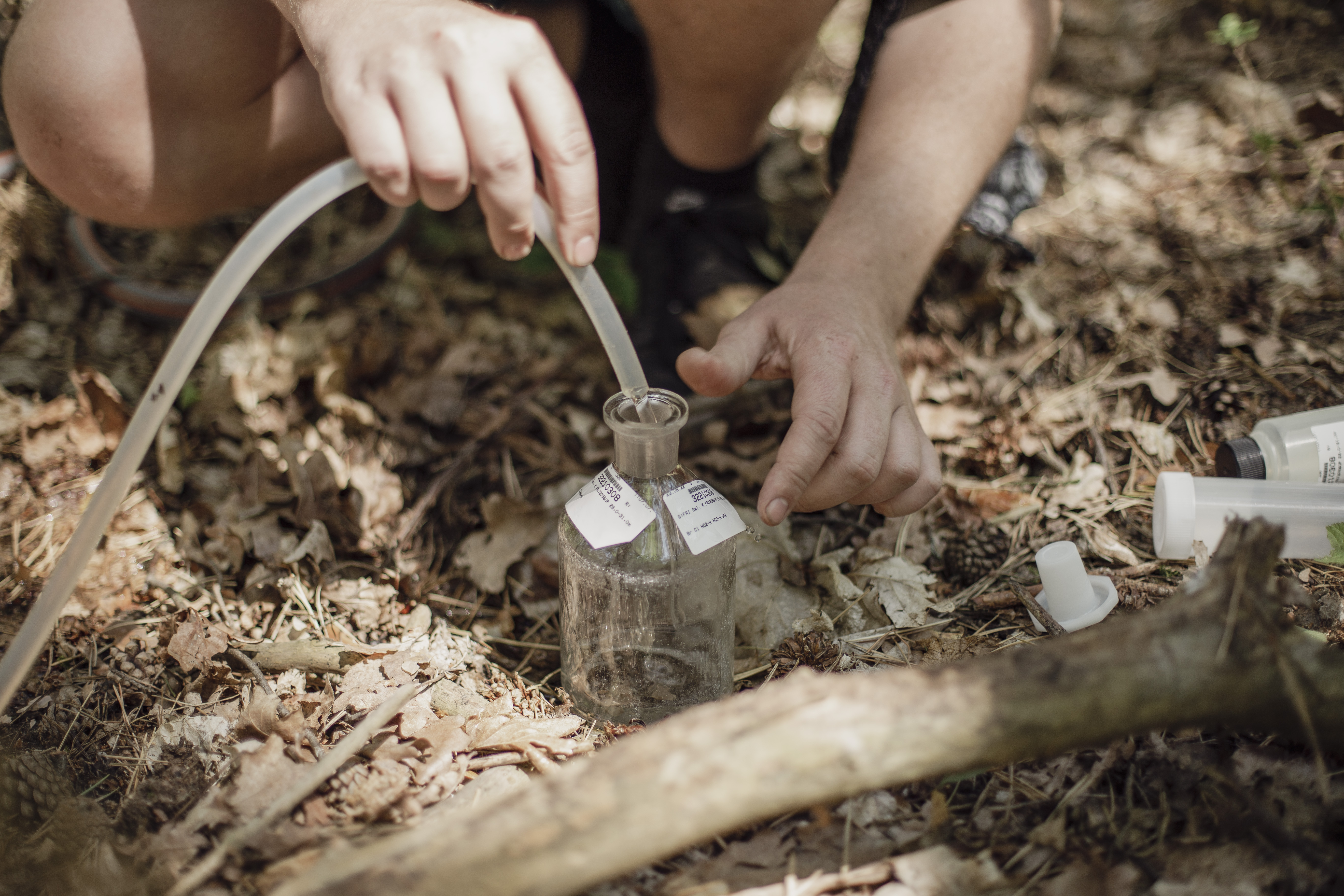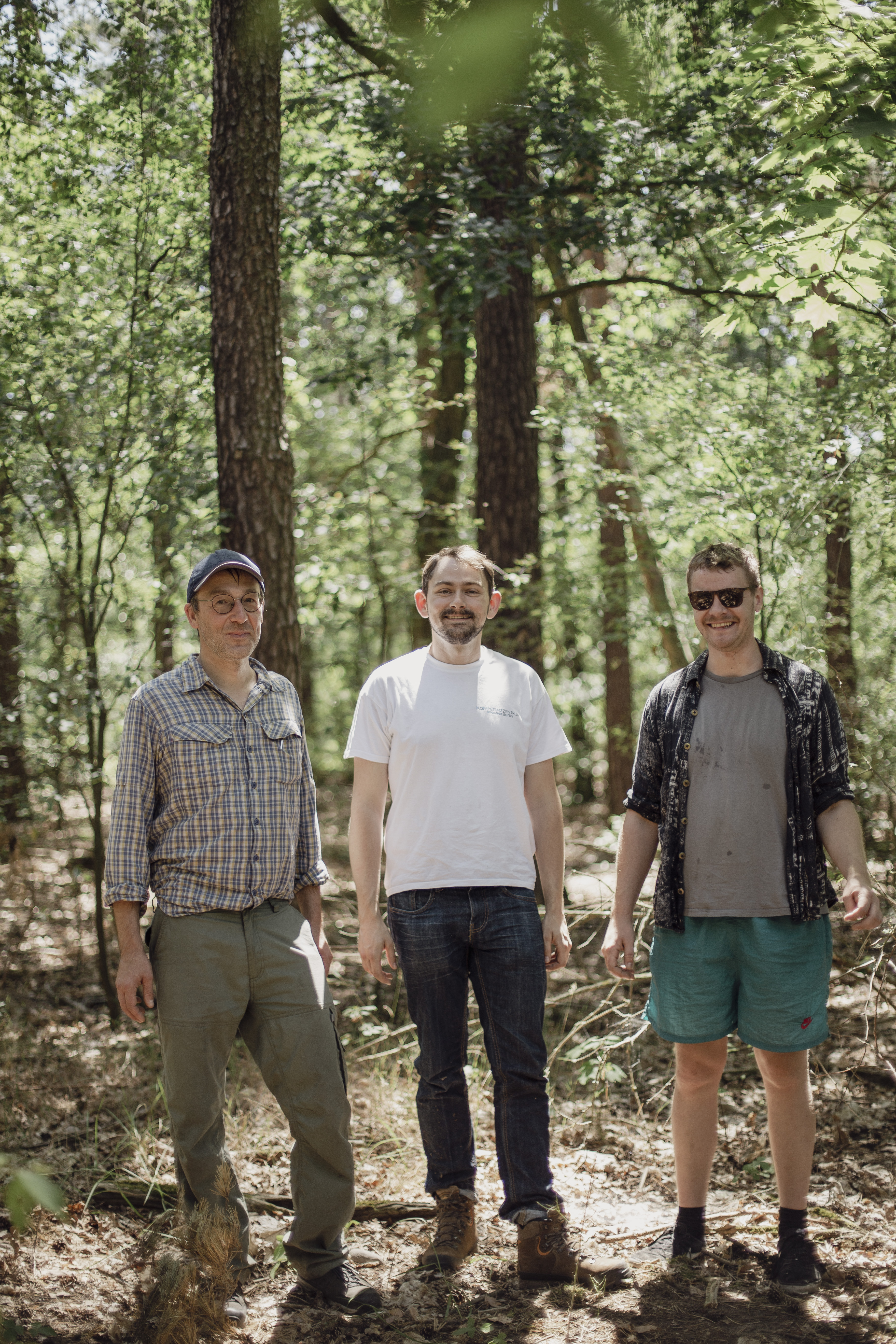How does deep geogenic water affect our drinking water resources in the long term? In the GeoSalz project, KWB, together with Berliner Wasserbetriebe (BWB), systematically investigated the processes of geogenic groundwater salinisation to enable early assessment of their potential impacts on public water supplies. The project provides a robust scientific basis for risk-oriented groundwater resource management, with high relevance for the security, resilience, and sustainability of urban infrastructure systems.
Research focus: Hydrogeology in southeastern Berlin
The study area encompassed the hydrogeologically complex environs of Friedrichshagen, Eichwalde, and Köpenick waterworks. In this region, usable aquifers are located next to deep saline geological formations. Particular attention was paid to glacial erosion channels and erosional breakthroughs in Rupelian clay layers, which could serve as potential routes for the intrusion of saline deepwater.
Our main aim was to quantify the hydraulic and hydrochemical exchange processes between deep saline aquifers and the drinking water production zones, thereby providing a sound basis for assessing wellfield vulnerability and formulating effective operational strategies.
Methodical, interdisciplinary approach
A range of measurement and modelling techniques was applied, including borehole geophysics, stable isotope analysis, GIS-based structural mapping, and a 3D hydrogeological model to simulate groundwater flow and salt transport. A central research question addressed the role of bank filtration as a natural hydraulic barrier. Our findings indicate that targeted wellfield operation strategies can help prevent upward saltwater migration, providing valuable tools for water utility management.
Results with strong practical relevance
GeoSalz provides actionable insights for strategic wellfield management, identifies potentially vulnerable zones, proposes risk-aware operational recommendations, and builds a solid knowledge base for future groundwater resource strategies in urban areas.
Project completion and societal importance
In June 2025, the project findings were presented at an interdisciplinary expert colloquium. The active participation of public authorities, scientific institutions, and water sector professionals reflected the high societal importance of the topic—especially given tensions between drinking water security, urban development, and the environmental impacts of geogenic processes. GeoSalz contributes to proactive adaptation of urban water supply systems to emerging geological challenges.
Outlook
While the project effectively identified key mechanisms and risk factors, further research is necessary—particularly concerning the temporal dynamics of geogenic salinisation, the potential of satellite-based remote sensing, and the transferability of findings to other urban settings. Thus, GeoSalz not only signifies the end of a challenging project but also lays the groundwork for future research to protect drinking water resources at the nexus of geology, urbanisation, and climate change.


